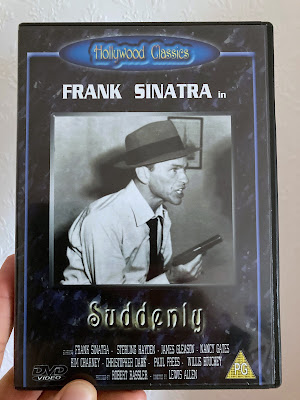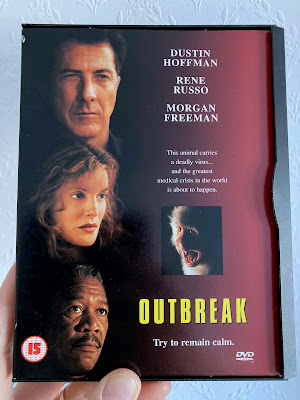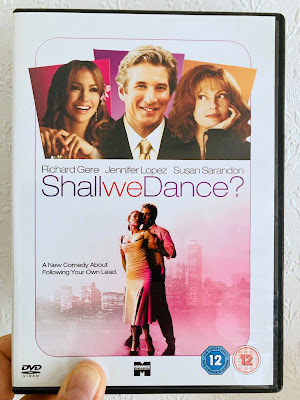When a wealthy playboy named Bob Merrick (Rock Hudson) crashes his speedboat, he is saved by use of a resuscitator belonging to nearby Dr. Phillips. But the doctor himself requires it at the same time and dies as a result. Merrick falls in love with the doctor’s widow, Helen (Jane Wyman), and tries to change the course of his life through acts of kindness and generosity to her and others.
There’s a strong (heavy-handed) message promoting Christianity. One character, Edward Randolph (Otto Kruger) even takes on a God-like role, offering spiritual guidance and saintly encouragement.
It’s a strange film because the main plot thread hinges on Helen going blind and not being able to see that the kindly gent helping her is the same man who inadvertently led to her husband’s death. I thought it was working up to a big moment “reveal” of his true identity, but when it arrives that moment is thrown away and completely peters out.
Odd as it is being sold an advert for the Christian life, it’s worth watching for the strong performances by Rock Hudson and Jane Wyman. The former in particular has charisma.















































